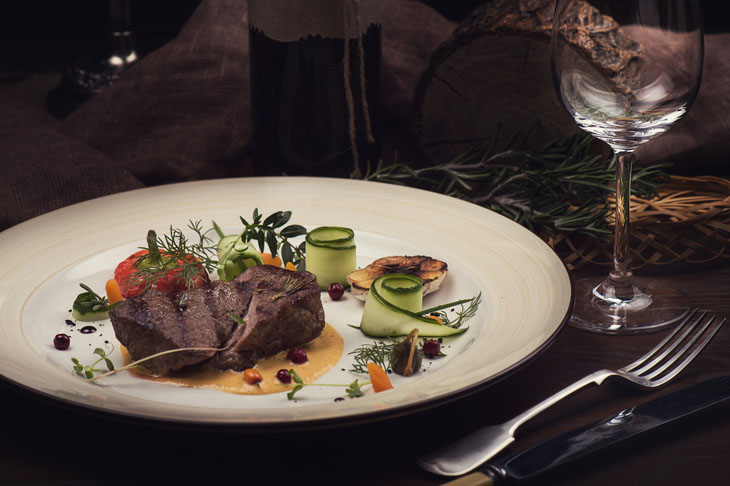Darkness, but not the blanket of the dark. This was a sinister darkness, beset by smoke and flames, by the clash of steel, by screams, by terror, by horror. The victims were Huguenots on the quayside at La Rochelle in 1688. They had heard the good news. James II had been overthrown, so it was safe for French Protestants to seek refuge in England. Others wished to violate their safety.
For the previous three years, since the revocation of the Edict of Nantes (which had helped to cost King James his throne), the Huguenots had been persecuted. Swaggering, bullying dragoons had been billeted in their homes. Now, as the oppressed waited for a sea passage to asylum, their tormentors had a final opportunity to inflict pain. They wielded a branding iron. One girl, Mademoiselle Ogier, lost an eye and had her nose destroyed.
Such injuries would seem to have precluded marriage. But in London, an older Huguenot called Courtauld saw the quality behind the wounds. From their scarred nuptials, a dynasty was created. The Courtaulds started out as silversmiths. They then turned to weaving. As they prospered, they migrated from narrow streets in Spitalfields to broad acres in Essex. The family were the first Essex men. In the longer fullness, they created the great manufacturing enterprise whose profits helped to endow the Courtauld Institute and Gallery.
It is strange that the Courtaulds never acquired a peerage. Lloyd George once tried to sell one to the reigning Courtauld, for 70,000 guineas to Liberal Party funds. ‘I’m not a Liberal’ came the reply. ‘But wouldn’t you like to be a peer, and what would you call yourself?’ ‘I’d prefer to remain a gentleman.’ A sceptical account of Lloyd George’s character is one of the many excellences in Andrew Roberts’s superb life of Churchill.
A few years ago, George Courtauld, of the latest generation, had an idea: The Pocket Book of Patriotism to inspire the young. But he could not find a publisher. So he took it to market it himself, selling 10,000 copies in hardback and 345,000 in paperback. There ought to be a prize for publishers — let us call it the J.K. Rowling prize — for cretinous failures in commissioning. George has now produced a second book, Three Men on a Diet, whose subject is self-explanatory.
Another friend of mine recently asked me how the Booker Prize entry was going. ‘What do you mean?’ ‘That work of fiction in The Spectator about your dieting plans.’ ‘Er, well, yes: work in progress.’ George also describes a work in progress, largely based on the Atkins diet. All this illustrates one of the great paradoxes of our time. Half the world is trying to get enough to eat. The other half is trying to protect itself from the consequences of overeating.
We discussed all this over lunch at Shepherd’s in Westminster. Simple fare: whitebait, fallow venison accompanied by the best English black pudding I have ever eaten and a Barbera d’Asti Casareggio 2015: a wine of robust subtlety, which worked well with the scoff. All of this was more or less Atkins compliant, with the possible exception of the black pud. George’s book is charming and would make an excellent stocking filler.
Another restaurant easily adaptable to Atkins dieting, Boisdale in Belgravia, has a superb wine offer at the moment. Ranald Macdonald bought a parcel of claret at a recent auction: ’09 Mouton-Rothschild, same year for Léoville-Barton and Gruaud-Larose, ’10 Lynch-Bages. All young, they could do with pre-emptive decanting. But at the prices he is charging, they are the biggest bargain in any London restaurant. They also go well with well-hung Buccleuch beef from the Duke’s estates. I doubt if there is better meat to be found in these islands. ‘Beef and liberty’ was a Whig cry. From James II onwards, the Whigs were not always wrong.






Comments